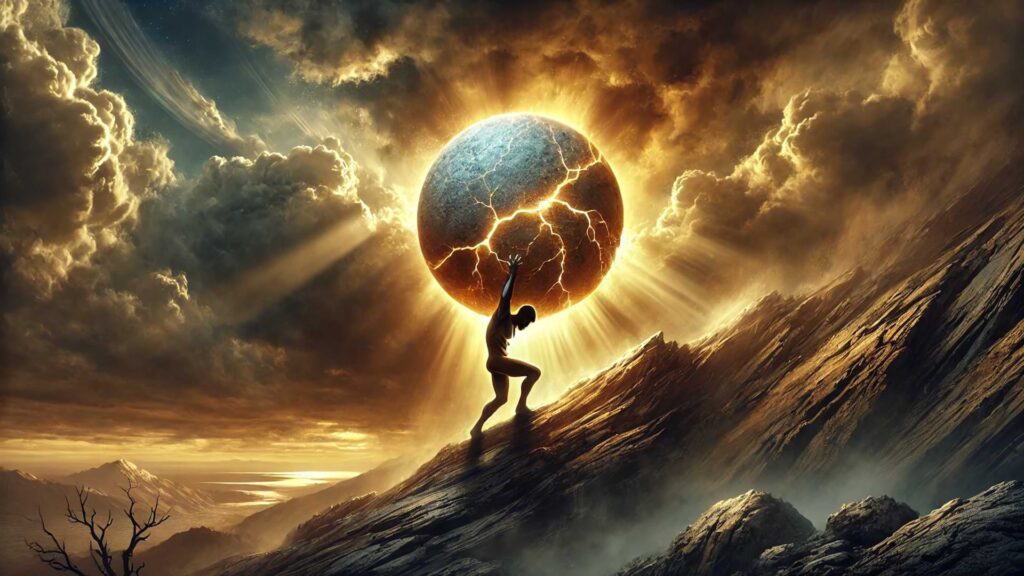“Ships don’t sink because of the water around them. Ships sink because of the water in them.”
Many men live their lives carrying the weight of the world on their shoulders. This burden often manifests in distorted or disowned toxic masculinity, expressed through four key archetypes: the Warrior, the Magician, the King, and the Lover. These men may struggle with aggression, emotional suppression, control, and fear of intimacy, impacting themselves and those around them. Some men choose to live this way as a means of coping with their pain and trauma, while others may succumb to despair and commit suicide. However, there is a third option: healing the trauma, releasing themselves from their masks, and embracing authentic masculinity. This blog explores the impact of toxic masculinity, why some men choose this path, and the transformative power of healing, particularly through Real Man workshops.
The Weight of the World: A Heavy Burden
Men who feel responsible for bearing the weight of the world often experience overwhelming pressure to be strong, self-reliant, and in control. This burden can lead to significant emotional and psychological distress. Many men adopt distorted or disowned toxic masculinity to cope with this pressure, which can manifest in harmful ways within the four masculine archetypes.
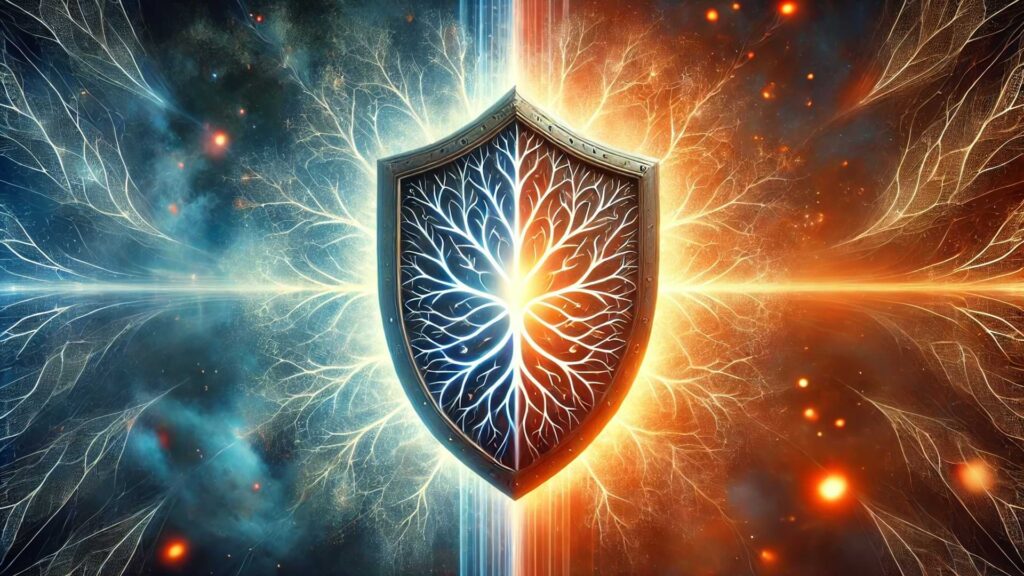
The Warrior: Distorted and Disowned
Distorted Warrior:
- Aggression and Violence: The distorted Warrior archetype often exhibits excessive aggression and violent behaviors. Men may resort to physical or verbal abuse to assert dominance or protect themselves from perceived threats.
- Emotional Suppression: Toxic masculinity encourages the suppression of emotions, leading to emotional numbness and an inability to form deep connections. This can result in difficulty processing emotions and a lack of empathy.
- Hyper-Competitiveness: A distorted Warrior may become obsessed with winning and dominating others. This hyper-competitiveness can strain relationships, foster resentment, and lead to unethical behaviors.
Disowned Warrior:
- Passivity and Avoidance: Men who disown the Warrior archetype may become passive and avoid confrontation. This can lead to a lack of assertiveness and an inability to set healthy boundaries.
- Fear of Conflict: Disowning the Warrior can result in a fear of conflict and a tendency to avoid difficult situations. This avoidance can prevent personal growth and lead to unresolved issues.
- Helplessness: Men who disown the Warrior may feel helpless and incapable of protecting themselves or others. This can result in low self-esteem and a sense of powerlessness.
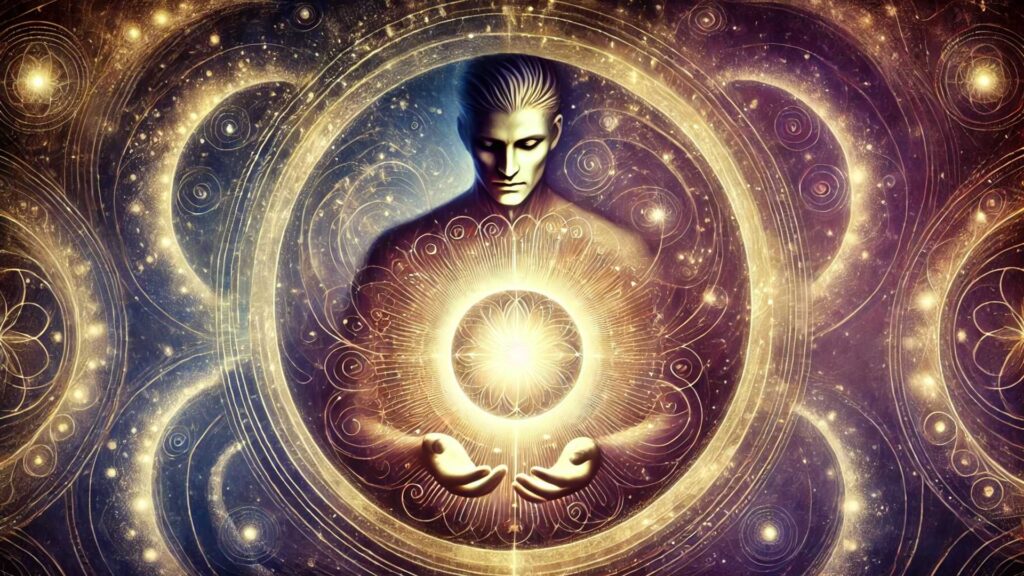
The Magician: Distorted and Disowned
Distorted Magician:
- Manipulation and Deceit: The distorted Magician archetype can lead to manipulative and deceitful behaviors. Men may use their intelligence and intuition to control others or situations to their advantage, eroding trust and damaging relationships.
- Isolation and Detachment: Trauma can cause men to withdraw from others, relying solely on their intellect and intuition. This detachment can result in loneliness and a lack of emotional support.
- Resistance to Change: A distorted Magician may resist transformation and cling to outdated beliefs or practices. This resistance can hinder personal growth and adaptation to new circumstances.
Disowned Magician:
- Lack of Insight: Men who disown the Magician archetype may lack self-awareness and insight into their behaviors and emotions. This can result in poor decision-making and an inability to understand themselves and others.
- Stagnation: Disowning the Magician can lead to a refusal to embrace change and transformation. This stagnation can prevent personal growth and development.
- Dependency: Men who disown the Magician may become overly dependent on others for guidance and direction. This dependency can hinder their ability to trust their intuition and make independent decisions.
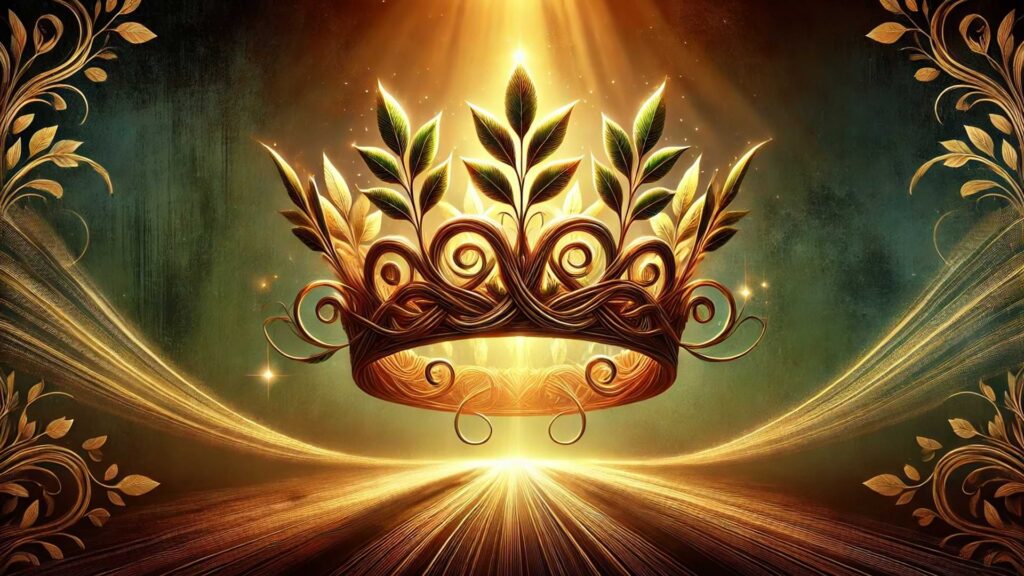
The King: Distorted and Disowned
Distorted King:
- Tyranny and Control: The distorted King archetype can lead to tyrannical and controlling behaviors. Men may exert excessive authority over others, leading to oppressive environments and resistance from those they lead.
- Neglect of Responsibility: Toxic trauma can cause men to shirk responsibilities or misuse their power. This neglect can result in disorganized leadership and harm to those who depend on them.
- Inflated Ego: An overdeveloped sense of self-importance can emerge, leading to arrogance and an inability to accept criticism. This inflated ego can alienate others and create a toxic environment.
Disowned King:
- Lack of Leadership: Men who disown the King archetype may struggle with leadership and decision-making. This lack of leadership can result in disorganization and a lack of direction.
- Avoidance of Responsibility: Disowning the King can lead to a refusal to take responsibility for oneself and others. This avoidance can prevent personal growth and harm those who depend on them.
- Low Self-Worth: Men who disown the King may struggle with low self-esteem and a lack of confidence. This can result in a lack of assertiveness and an inability to stand up for oneself and others.
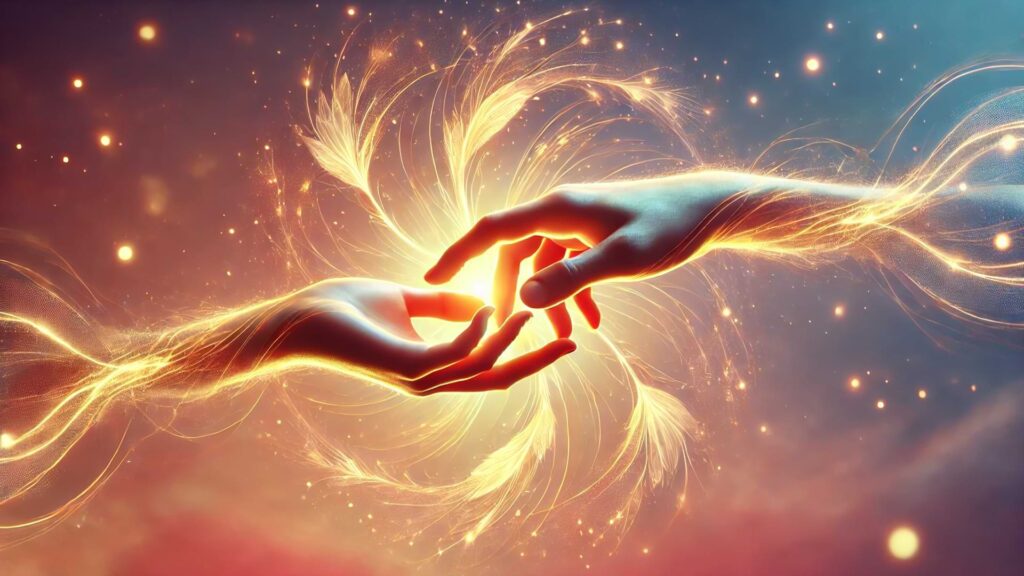
The Lover: Distorted and Disowned
Distorted Lover:
- Emotional Dependency: The distorted Lover archetype can lead to emotional dependency, where men rely excessively on others for validation and fulfillment. This dependency can result in unhealthy relationships and a lack of self-worth.
- Fear of Intimacy: Trauma can cause a fear of deep emotional connections, leading men to avoid intimacy and meaningful relationships. This fear can result in loneliness and a superficial approach to relationships.
- Repression of Passion: Toxic masculinity often discourages the expression of passion and creativity. This repression can stifle personal growth and lead to a sense of unfulfilled potential.
Disowned Lover:
- Emotional Numbness: Men who disown the Lover archetype may struggle with emotional numbness and an inability to connect with others. This can result in loneliness and a lack of deep relationships.
- Fear of Vulnerability: Disowning the Lover can lead to a fear of vulnerability and an inability to express emotions. This fear can prevent personal growth and lead to unresolved issues.
- Lack of Passion: Men who disown the Lover may struggle with a lack of passion and creativity. This can result in a sense of unfulfilled potential and a lack of purpose.
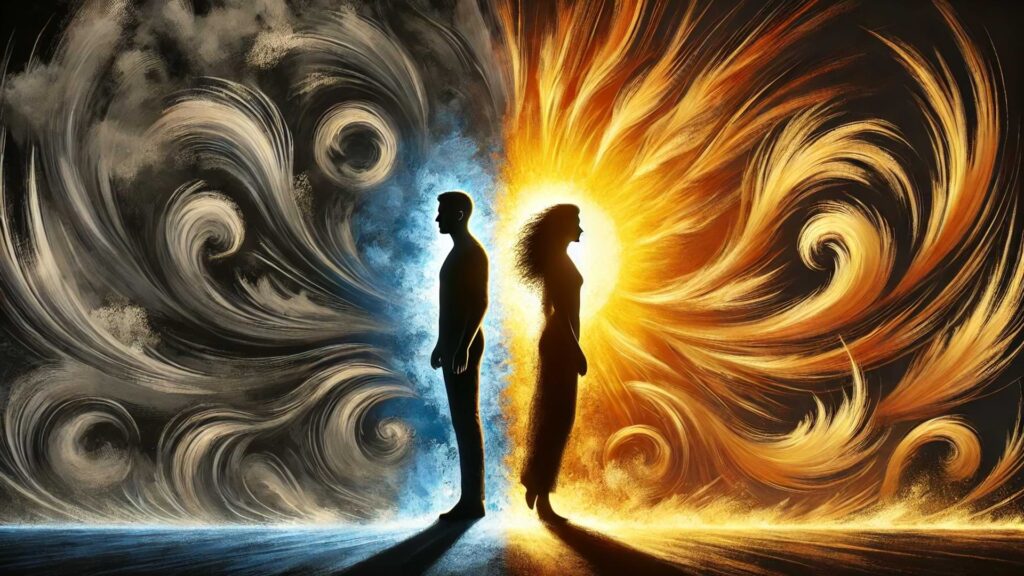
The Impact on Themselves and Others
The distorted or disowned toxic masculine archetypes can significantly impact both the individual and those around them. Men who carry the weight of the world on their shoulders often struggle with mental health issues, including depression, anxiety, and suicidal thoughts. They may also experience physical health problems, such as high blood pressure, heart disease, and chronic pain.
On Themselves:
- Mental Health Issues: The pressure to conform to toxic masculine ideals can lead to significant mental health issues, including depression, anxiety, and suicidal thoughts.
- Physical Health Problems: The stress and pressure of carrying the weight of the world can result in physical health problems, including high blood pressure, heart disease, and chronic pain.
- Emotional Distress: The suppression of emotions and the inability to express vulnerability can lead to significant emotional distress and a lack of self-worth.
On Others:
- Damaged Relationships: The distorted or disowned toxic masculine archetypes can significantly damage relationships, leading to conflict, resentment, and a lack of trust.
- Hurtful Behaviors: Men who struggle with toxic masculinity may engage in hurtful behaviors, including aggression, manipulation, and control. These behaviors can cause significant harm to others.
- Lack of Support: The inability to express vulnerability and seek help can result in a lack of support for themselves and others. This can lead to isolation and loneliness.
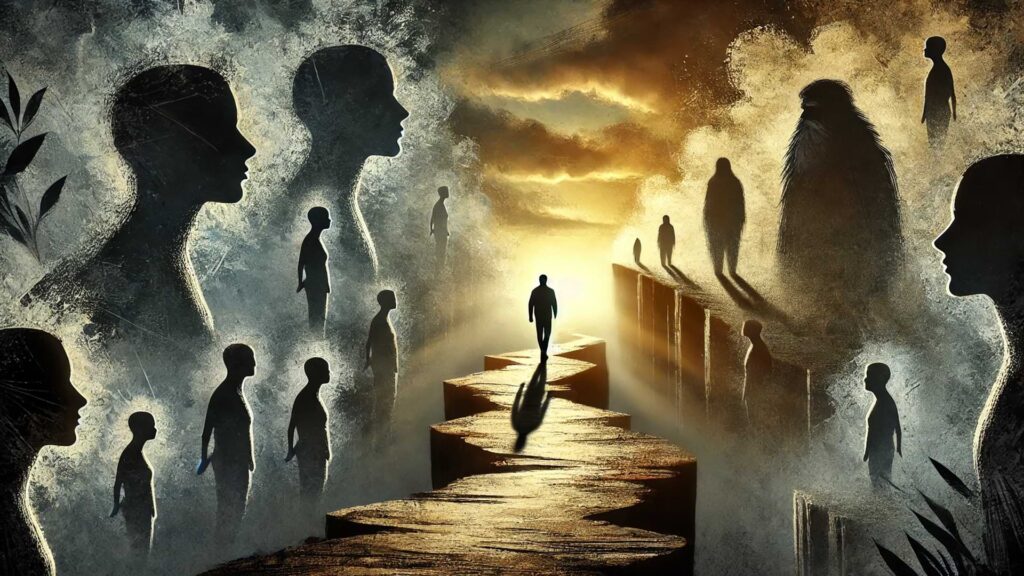
Why Some Men Choose This Path
Men may choose to live their lives carrying the weight of the world on their shoulders for several reasons. These reasons often stem from societal expectations, cultural norms, and personal experiences.
- Societal Expectations: Society often places significant pressure on men to be strong, self-reliant, and in control. These expectations can lead men to adopt toxic masculine behaviors to conform to these ideals.
- Cultural Norms: Cultural norms and values can also play a significant role in shaping men’s behaviors and attitudes. In many cultures, men are taught to suppress their emotions and avoid vulnerability, leading to toxic masculine behaviors.
- Personal Experiences: Personal experiences, including trauma and abuse, can also significantly impact men’s behaviors and attitudes. Men who have experienced trauma may adopt toxic masculine behaviors as a means of coping with their pain and protecting themselves from further harm.

The Consequences: Suicide and Despair
For some men, the pressure to conform to toxic masculine ideals and the weight of the world on their shoulders can lead to significant mental health issues, including depression, anxiety, and suicidal thoughts. The inability to express vulnerability and seek help can result in feelings of isolation, hopelessness, and despair.
Suicide Statistics:
- Higher Suicide Rates: Men are more likely to die by suicide than women, with higher rates of suicide across all age groups. This disparity is often attributed to societal expectations and cultural norms that discourage men from seeking help and expressing vulnerability.
- Mental Health Stigma: The stigma surrounding mental health issues and seeking help can also play a significant role in men’s higher suicide rates. Men may feel ashamed or embarrassed to seek help, leading to untreated mental health issues and a higher risk of suicide.
- Lack of Support: The lack of support for men struggling with mental health issues can also contribute to higher suicide rates. Men may feel isolated and alone, with no one to turn to for help and support.
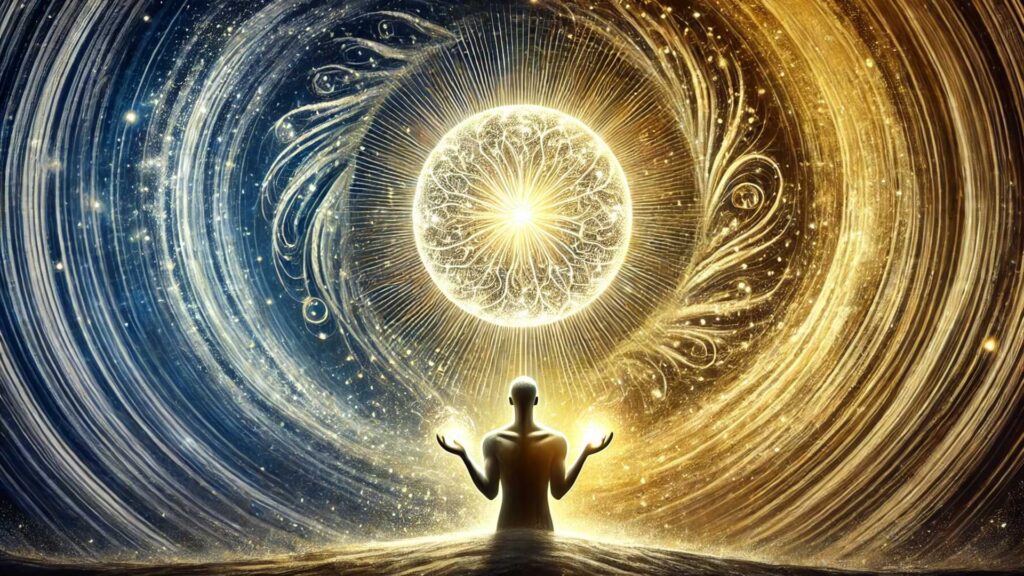
The Third Option: Healing the Trauma
Despite the significant impact of toxic masculine trauma, there is a third option: healing the trauma and releasing oneself from the masks that presumably protect them from pain and trauma. Participating in Real Man workshops can be a crucial step in this healing journey. These workshops provide a safe and supportive environment for men to explore their traumas, understand their impact, and begin the process of healing and transformation.
Acknowledging the Trauma: The first step in healing is acknowledging the trauma and its impact on one’s life. This involves reflecting on past experiences, understanding how they have shaped behaviors and attitudes, and recognizing the need for change.
Seeking Help: Therapy, counseling, support groups, and Real Man workshops can provide valuable tools and guidance for healing. Professional help can assist in uncovering deep-seated issues, developing healthy coping mechanisms, and fostering emotional resilience.
Embracing Authentic Masculinity: Healing involves embracing authentic masculinity, which includes expressing vulnerability, seeking help, and fostering healthy relationships. This involves letting go of toxic masculine ideals and embracing a more balanced and authentic expression of masculinity.
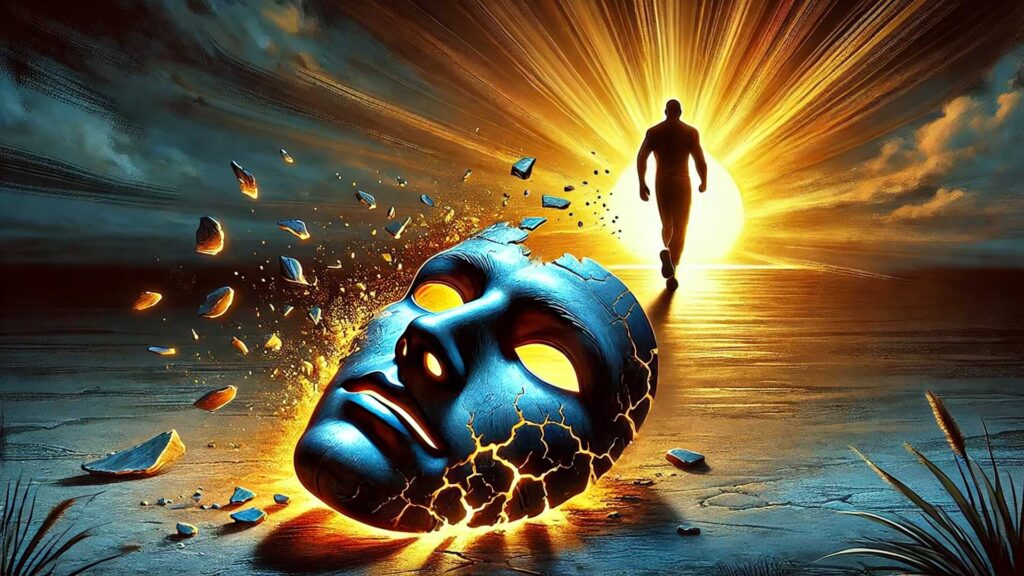
Releasing the Masks: A Pseudo Safety
The masks that men wear to protect themselves from pain and trauma provide only a pseudo safety. While these masks may offer temporary relief, they ultimately prevent men from healing and living authentically. By releasing these masks, men can free themselves from the burden of toxic masculinity and embrace a more fulfilling and authentic life.
- Temporary Relief: The masks that men wear may provide temporary relief from pain and trauma, but they ultimately prevent healing and personal growth. These masks create a barrier to vulnerability and authentic expression, leading to emotional numbness and a lack of deep connections.
- Preventing Healing: The masks prevent men from acknowledging and addressing the root causes of their trauma. By hiding behind these masks, men avoid confronting their pain and developing healthy coping mechanisms.
- Living Authentically: Releasing the masks allows men to live authentically and embrace a more balanced and fulfilling expression of masculinity. This involves acknowledging and addressing trauma, seeking help, and fostering healthy relationships.
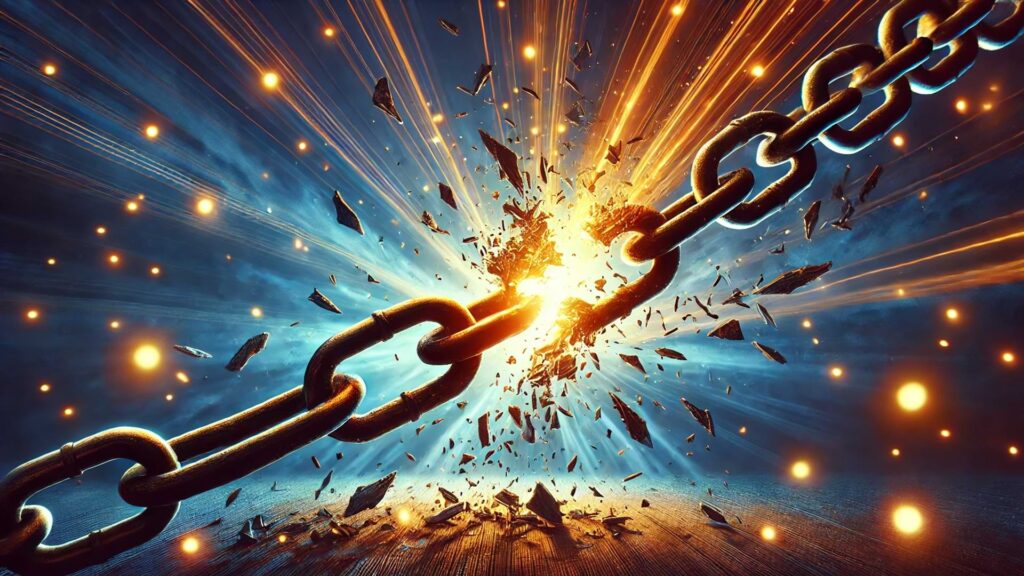
The Destructive Cycle: Self-Destruction and Harm to Loved Ones
Men who do not heal from their trauma and continue to wear the masks of toxic masculinity ultimately destroy themselves and those they love. The pressure to conform to toxic masculine ideals can lead to significant mental health issues, including depression, anxiety, and suicidal thoughts. These issues can result in self-destructive behaviors and harm to loved ones.
- Self-Destruction: The pressure to conform to toxic masculine ideals can lead to significant mental health issues and self-destructive behaviors. Men may engage in substance abuse, self-harm, and other harmful behaviors as a means of coping with their pain.
- Harm to Loved Ones: The distorted or disowned toxic masculine archetypes can significantly damage relationships, leading to conflict, resentment, and a lack of trust. Men may engage in hurtful behaviors, including aggression, manipulation, and control, causing significant harm to loved ones.
- Breaking the Cycle: Healing the trauma and releasing the masks of toxic masculinity can break the cycle of self-destruction and harm to loved ones. By embracing authentic masculinity, men can foster healthy relationships and live more fulfilling and balanced lives.
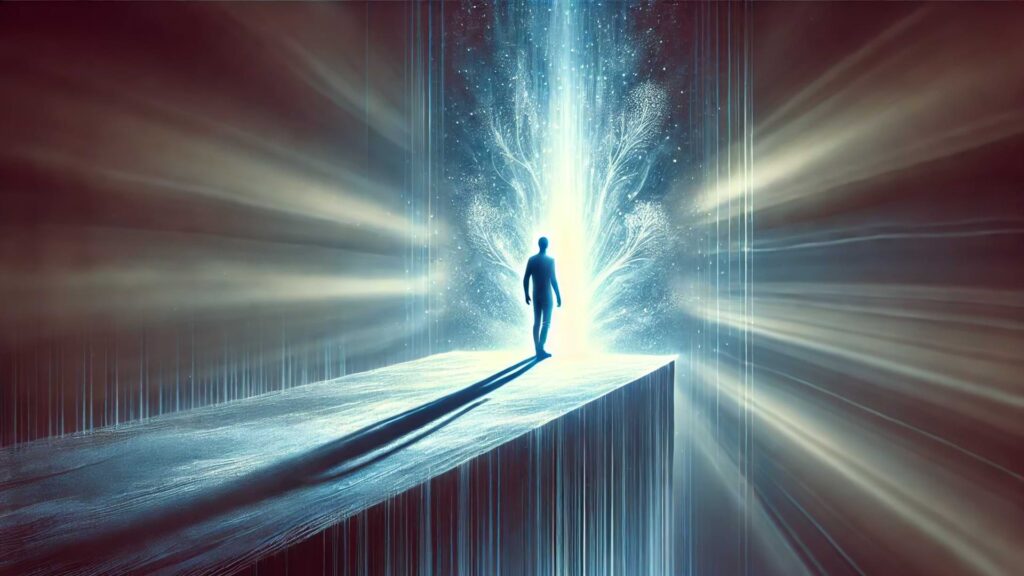
The 20 Seconds of Courage: Leaning In and Surrendering to Help
Healing from toxic masculine trauma requires courage and vulnerability. For men who carry the weight of the world on their shoulders, all it takes is 20 seconds of courage to lean in, remove the masks, and surrender to help. This involves acknowledging the need for change, seeking help, and embracing authentic masculinity.
- Acknowledging the Need for Change: The first step in healing is acknowledging the need for change. This involves reflecting on past experiences, understanding how they have shaped behaviors and attitudes, and recognizing the impact of toxic masculinity on oneself and others.
- Seeking Help: Therapy, counseling, support groups, and Real Man workshops can provide valuable tools and guidance for healing. Professional help can assist in uncovering deep-seated issues, developing healthy coping mechanisms, and fostering emotional resilience.
- Embracing Vulnerability: Healing involves embracing vulnerability and letting go of toxic masculine ideals. This involves expressing emotions, seeking help, and fostering healthy relationships.
Men who carry the weight of the world on their shoulders often struggle with the pressures of toxic masculinity, resulting in significant mental health issues and harm to themselves and others. However, there is a third option: healing the trauma and releasing the masks that presumably protect them from pain and trauma. Participating in Real Man workshops can be a transformative step towards healing. These workshops provide a safe space for men to explore their traumas, seek help, and embrace authentic masculinity. By taking just 20 seconds of courage to lean in, remove the masks, and surrender to help, men can break free from the burden of toxic masculinity and live more fulfilling and authentic lives.

